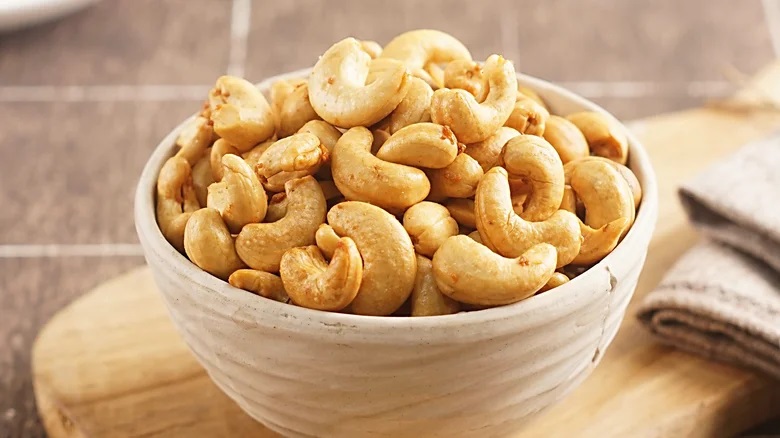Various Types of Jaggery and Their Daily Superfood Benefits

Jaggery, commonly known as “Gud” or “Gur,” is a traditional sweetener celebrated for its numerous health advantages. Incorporating jaggery into your diet, particularly during the winter season, can be highly beneficial. However, it’s important to note that while jaggery offers health benefits, it should be consumed in moderation, especially for individuals managing conditions like diabetes or weight.
There are several types of jaggery available in the market, each with its unique set of benefits. To maximize these advantages, it’s advisable to opt for organic or minimally processed jaggery. Let’s delve into the various types of jaggery and their corresponding health benefits:
1. Sugarcane Jaggery (Gur): This is the most prevalent type of jaggery, produced from sugarcane juice. Darker varieties of sugarcane jaggery are considered superior. Its benefits include aiding digestion, detoxification, and providing essential nutrients.
2. Palm Jaggery: Derived from palm tree sap, palm jaggery is renowned for its high iron content, making it an excellent choice for those seeking to increase their iron intake.
3. Date Palm Jaggery (Khajoor Jaggery): Made from date palm sap, this variety is rich in minerals and antioxidants. It’s especially popular in Middle Eastern and Asian cuisines.
4. Coconut Jaggery: Extracted from coconut palm trees, it’s a rich source of potassium and boasts a distinct caramel-like flavor. In many cultures, coconut jaggery is preferred over sugarcane jaggery.
5. Black Jaggery: Often used in traditional Ayurvedic medicines, black jaggery is combined with various herbs and spices and is believed to possess additional medicinal properties.
6. Sesame Jaggery: This type combines jaggery with roasted sesame seeds, providing the benefits of both jaggery and sesame seeds, including a substantial dose of calcium.
Now, let’s explore the health benefits of jaggery:
- Rich in Nutrients: Jaggery is a valuable source of essential minerals such as iron, magnesium, and potassium, in addition to containing small amounts of B vitamins and antioxidants.
- Boosts Energy: Thanks to its high carbohydrate content, jaggery offers a natural source of energy, helping combat fatigue.
- Digestive Aid: Consuming jaggery post-meals is believed to aid digestion, alleviate constipation, and enhance overall digestive health.
- Detoxification: Jaggery is known for its role in liver detoxification, purging toxins from the body and purifying the blood.
- Respiratory Health: In traditional remedies, jaggery is used in conjunction with ginger to alleviate respiratory issues like coughs and colds.
- Anemia Prevention: The iron content in jaggery can prevent and treat iron-deficiency anemia by promoting red blood cell production.
- Weight Loss: As a healthier alternative to refined sugar, jaggery is lower in calories, making it suitable for those managing their weight.
- Skin Health: Jaggery contains antioxidants that contribute to improved skin health and the mitigation of signs of aging.
In conclusion, jaggery, with its diverse types and multifaceted health benefits, is a valuable addition to your daily diet, provided it is consumed mindfully and in moderation. It can not only sweeten your dishes but also enhance your overall well-being.
Re-reported from the article originally published in The Times Now News English









